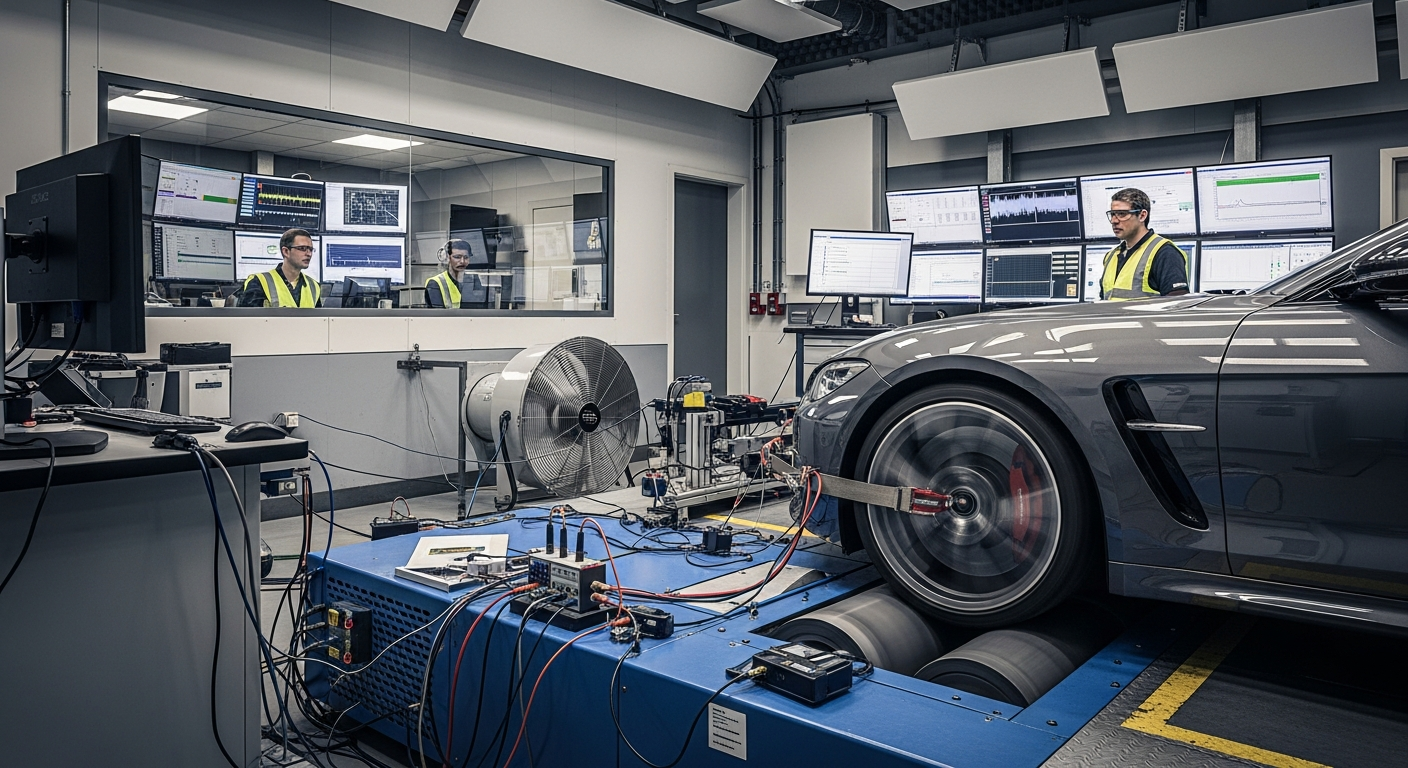Cultivating Cognitive Flexibility: The Career Superpower of Tomorrow
In an era of rapid technological advancement and shifting industry landscapes, professionals are increasingly recognizing the value of cognitive flexibility as a critical skill for career success. This article delves into the concept of cognitive flexibility, exploring its significance in the modern workplace and providing strategies for developing this essential capability.

The Evolution of Cognitive Flexibility in the Workplace
The concept of cognitive flexibility has its roots in psychological research dating back to the mid-20th century. Initially studied in the context of problem-solving and learning, cognitive flexibility has gained prominence in recent years as businesses grapple with unprecedented levels of change and uncertainty. The rise of globalization, technological disruption, and evolving work structures has created a demand for professionals who can navigate complexity and ambiguity with ease.
In the past, career success often hinged on specialization and deep expertise in a single field. However, the modern workplace increasingly values individuals who can bridge disciplines, think creatively, and adapt quickly to new challenges. This shift has elevated cognitive flexibility from a desirable trait to an essential skill for career advancement and job security.
The Neuroscience Behind Cognitive Flexibility
Understanding the neurological basis of cognitive flexibility provides valuable insights into its development and application. Research in neuroscience has identified the prefrontal cortex as a key region involved in cognitive flexibility. This area of the brain is responsible for executive functions, including task-switching, inhibition control, and working memory—all crucial components of flexible thinking.
Studies have shown that individuals with higher levels of cognitive flexibility exhibit increased activity and connectivity in the prefrontal cortex. Moreover, neuroplasticity—the brain’s ability to form new neural connections—plays a significant role in developing cognitive flexibility throughout one’s lifetime. This biological foundation underscores the potential for individuals to cultivate and enhance their cognitive flexibility through targeted practices and experiences.
The Impact of Cognitive Flexibility on Career Trajectories
Cognitive flexibility has far-reaching implications for career development and professional success. Professionals with high cognitive flexibility are better equipped to:
-
Adapt to changing job requirements and industry trends
-
Excel in cross-functional roles and interdisciplinary projects
-
Identify innovative solutions to complex problems
-
Navigate career transitions and pivots with greater ease
-
Develop leadership skills and manage diverse teams effectively
Research has demonstrated a strong correlation between cognitive flexibility and career advancement. A study published in the Journal of Vocational Behavior found that employees with higher levels of cognitive flexibility were more likely to receive promotions and positive performance evaluations. Furthermore, these individuals reported higher job satisfaction and lower levels of work-related stress, highlighting the personal benefits of cultivating this skill.
Strategies for Developing Cognitive Flexibility
While some individuals may naturally possess higher levels of cognitive flexibility, it is a skill that can be developed and strengthened over time. Here are several evidence-based strategies for enhancing cognitive flexibility:
-
Embrace new experiences: Actively seek out novel situations and challenges that push you outside your comfort zone. This could involve taking on unfamiliar projects at work, learning a new language, or exploring diverse cultural experiences.
-
Practice task-switching: Engage in activities that require rapid shifts between different types of cognitive tasks. This could include alternating between creative and analytical work or tackling multiple projects simultaneously.
-
Cultivate mindfulness: Regular mindfulness meditation has been shown to improve cognitive flexibility by enhancing attention control and reducing cognitive rigidity.
-
Pursue interdisciplinary learning: Explore topics and fields outside your primary area of expertise. This cross-pollination of ideas can foster creative thinking and adaptability.
-
Challenge your assumptions: Regularly question your beliefs and thought patterns. Engage in debates or discussions that expose you to diverse perspectives and encourage you to consider alternative viewpoints.
Cognitive Flexibility in the Job Search Process
Developing cognitive flexibility can significantly enhance your job search strategy and interview performance. Job seekers with high cognitive flexibility are better equipped to:
-
Tailor their resumes and cover letters to diverse job opportunities
-
Adapt their communication style to different interviewers and company cultures
-
Quickly process and respond to unexpected interview questions
-
Identify transferable skills and articulate their value across various roles and industries
-
Navigate the complexities of multi-stage interview processes and assessment centers
By approaching the job search with a flexible mindset, candidates can position themselves as versatile, adaptable professionals capable of thriving in dynamic work environments.
Measuring and Demonstrating Cognitive Flexibility
As cognitive flexibility gains recognition as a valuable professional asset, organizations are increasingly seeking ways to assess and evaluate this skill in potential hires and existing employees. While standardized tests for cognitive flexibility exist in psychological research settings, practical workplace assessments often rely on behavioral interviews, situational judgment tests, and performance evaluations.
Job seekers and professionals can demonstrate their cognitive flexibility by:
-
Highlighting examples of adaptability and creative problem-solving in their work history
-
Showcasing diverse experiences and interdisciplinary projects on their resumes
-
Discussing instances where they successfully navigated change or uncertainty during interviews
-
Providing specific examples of how they’ve applied skills from one domain to challenges in another
By consciously cultivating and articulating their cognitive flexibility, individuals can set themselves apart in competitive job markets and position themselves for long-term career success.
In conclusion, cognitive flexibility stands as a cornerstone of professional adaptability and success in the ever-evolving world of work. By understanding its importance, cultivating this skill through targeted strategies, and effectively demonstrating it in professional contexts, individuals can unlock new opportunities and navigate their careers with confidence and agility. As the pace of change in the workplace continues to accelerate, those who prioritize the development of cognitive flexibility will be well-positioned to thrive in the careers of tomorrow.





